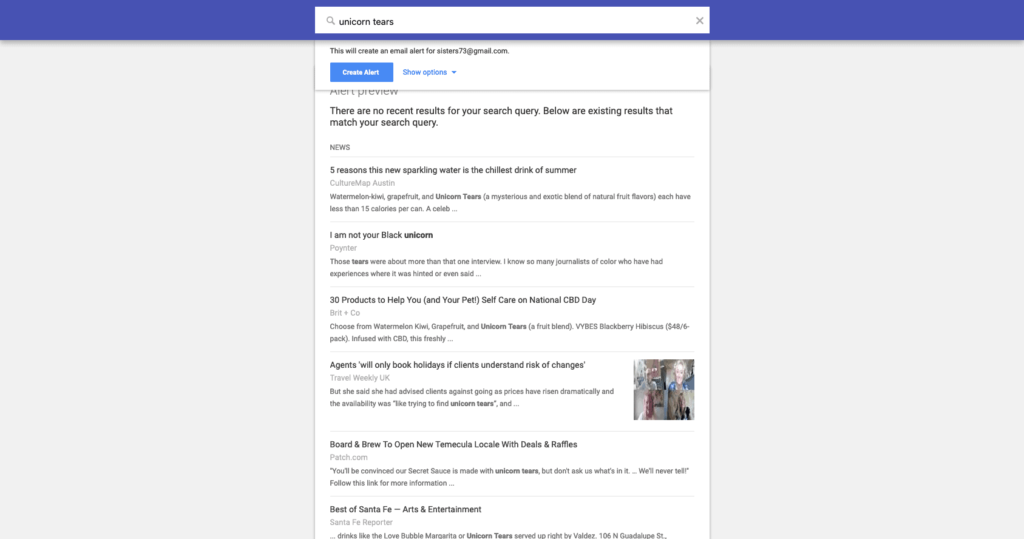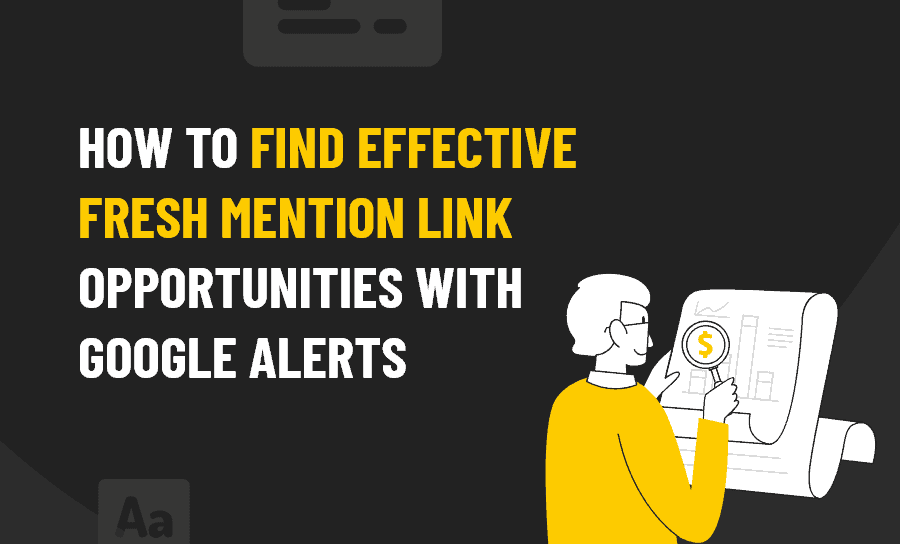However, much changes in the world of SEO one thing remains a constant must do; link building. For as long as they have existed, search engines have used the links in content and websites as a measure of the quality of that content and reputation of those behind it, for good or bad.
The Changing Face of the Link Building Landscape
You read that last part correctly. Link building can be bad for your website and your business. As search engine bots have continued to gain intelligence – especially after the implementation of Google BERT in 2019 – they now better understand what good content is and what is bad content and what low quality, spammy websites look like.
Low-quality websites are penalised, not rewarded in the SERPs. They may be downgraded or may be removed from the SERPs altogether. But so may the sites of those that link to them, which is one of the biggest dangers of cheap and easy mass link building, as too many businesses have found out the hard way.
The evolution of search has meant that while link building remains crucial to SEO success, it has to be undertaken far more carefully. You have to be a lot pickier about who you link to and who links to you—quality over quantity.
That having been said, there is no such thing – we don’t think, SEO is an inexact science based in large part on interpreting the ‘clues’ search engine companies offer to what pleases them and their bots – as too many good backlinks. Finding those backlinks can be tougher than ever.
If you have ever tried to build links, you know how hard it can be to persuade other website owners to accept a link from you, even if the content you are offering a link to is fantastic stuff.
That’s where the term ‘link building relationships’ comes from. Before you can ask for a link, you need to build a relationship with site owners first. This could mean connecting with them on LinkedIn, following them on Twitter, carefully, and intelligently, commenting on their blog and social media posts, emailing them to compliment their content before pitching links etc., etc. etc. It can be a great way to get excellent links. But boy is it also a time-consuming and resource-intensive one.
What if there was an easier way, but one that still works and won’t upset and search engine rules, explicit or implied?
Hah! That got your attention. Everyone likes to hear about an easier way to do almost anything.
Sometimes someone with a decent website will mention your brand name, the types of products or services you offer, or your target keywords, but there won’t be a link to your site. In the SEO world, we call these ‘fresh mention’ link building opportunities and, if you can find them, they are great.
These are often much easier link building opportunities as you don’t have to explain as much to site owners, as the link’s relevance should be relatively easy to prove. In fact, much of the time you’ll find all you have to do is ask the webmaster – via a single email – to put an <a href> tag in the code.
Sounds great. But how do you find these fresh mention opportunities? There are several ways, but one of the most effective, and cheapest (it’s free) is to do so is via Google Alerts.
Google Alerts and Fresh Mention Opportunities – The Basics
To get started, to state the somewhat obvious, you’ll have to head to Google Alerts. Although technically you don’t need a Google account to set up an alert it’s the best and easiest way to do so and also most of us do indeed have one, even if we only usually use it for personal things like watching YouTube.
When you have figured out the best way to access Google Alerts (hint, it really is via Gmail account), you’ll get a page that looks like this. Plain, boring but full of unseen potential!

Let’s create a straightforward example. Let’s assume you want to create an alert for a keyword you are focusing on ranking for. For a (very) hypothetical example, unicorn tears. To create an alert all, you’ll need to do is type ‘unicorn tears’ into the box at the top of the page and press enter. You’ll be asked to provide an email address to send alerts to and then be given real-time results for the term. The newest first:

As our example is a bit silly, so are some of the results, as you can see. But you get the idea. For your terms, many of the results will be pretty relevant, even if not all of them are. Speaking of that, that brings us to the next point…
Tips for Getting Better Google Alerts
Use Quotation Marks
Google Alerts can be great, but it can be annoying if you don’t set some filters from the start. Take our phrase, unicorn tears. The chances are that in our once a day email alert we’ll be served results that contain each word – i.e., “unicorn’ and “tears”. which will be crazy, and far too much to sift through.
The way to prevent that is to use quotation marks. When setting your alert, set it as “unicorn tears” (or whatever). That way, you will only ever be sent results that contain that exact phrase.
Set Up Multiple Alerts
The chances are that you are not just targeting a single key phrase. And even if you are still a very small brand, people may be mentioning you more often than you know. That’s why we recommend setting up several Google Alerts. Try, for example, some of the following:
- Your brand name
- Key people involved in your business
- Your individual products or services
- Keywords you are targeting in the SERPs.
If you are afraid this will result in too many emails; you can do a couple of things. You can adjust the frequency at which you receive these alerts – i.e. once every few days instead of every 24 hours – or dedicate a new Gmail address to receive just these Google Alerts. We actually recommend the latter. You can check it when you have the time, your regular inbox won’t get cluttered up, but you’ll be less likely to miss something good.
Set Up Google Alerts for Your Competitors
Competitor research and insight is always helpful, not just for SEO but for marketing in general. Setting up alerts for your competitors is an easy way to keep tabs on what they are doing and will often even give you an insight into their link building strategies. You may well also discover potential link target sites that aren’t mentioning you but are relevant to your niche and therefore worth pursuing as a possible source of links.
Google Alerts: A Caveat Emptor
Google Alerts will help you find fresh mention link opportunities, but it won’t do all the work for you. It won’t tell you, for example, if a site is a reputable one or not. Google Alerts are strictly keyword based, so they bear no relation to the SERPs. Will Google send you alerts about content on ‘bad sites’? Yes, they probably will. It will be up to you to determine if pursuing a link to the websites you discover via these alerts is a good idea or not.
There is one more way that Google Alerts can be very helpful that’s link related. Spotting bad sites linking to you. As unfair as it sounds while you can’t stop people linking to your website/content, Google may penalise you for those links anyway.
There are many tools out there that track incoming links and make use of one is never a bad idea. However, the advantage that Google Alerts offers is that you’ll find out almost as soon as the link is posted, so you can act fast to have it taken down (or disavow it) if it comes from a terrible place.








